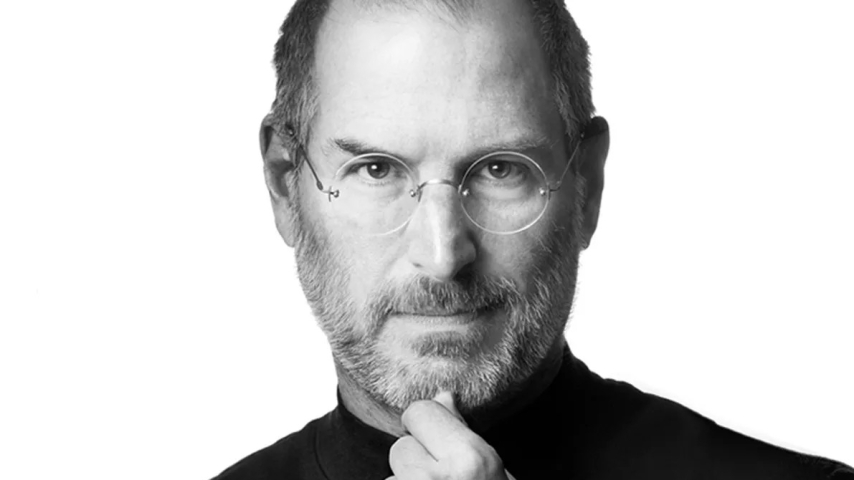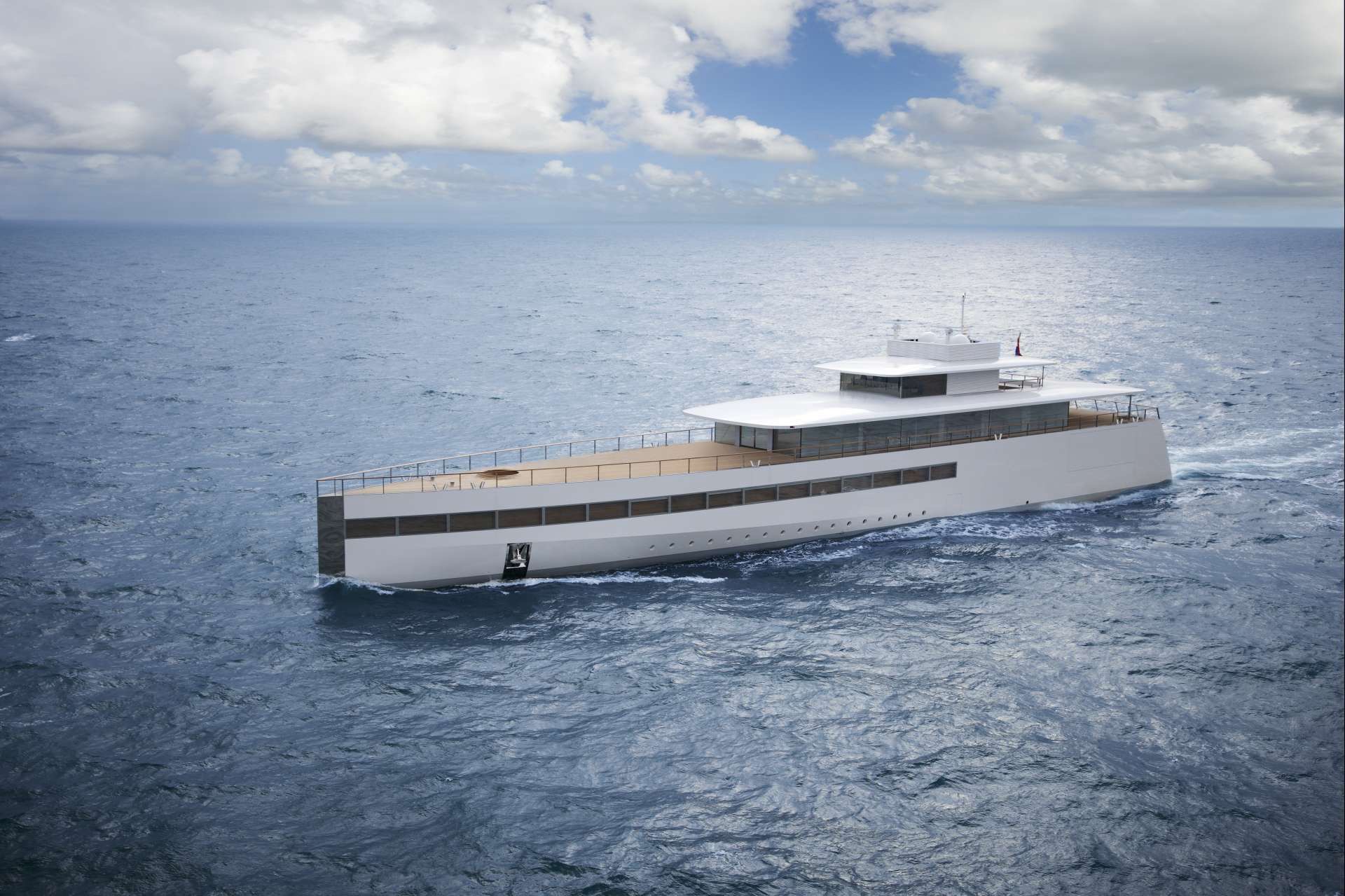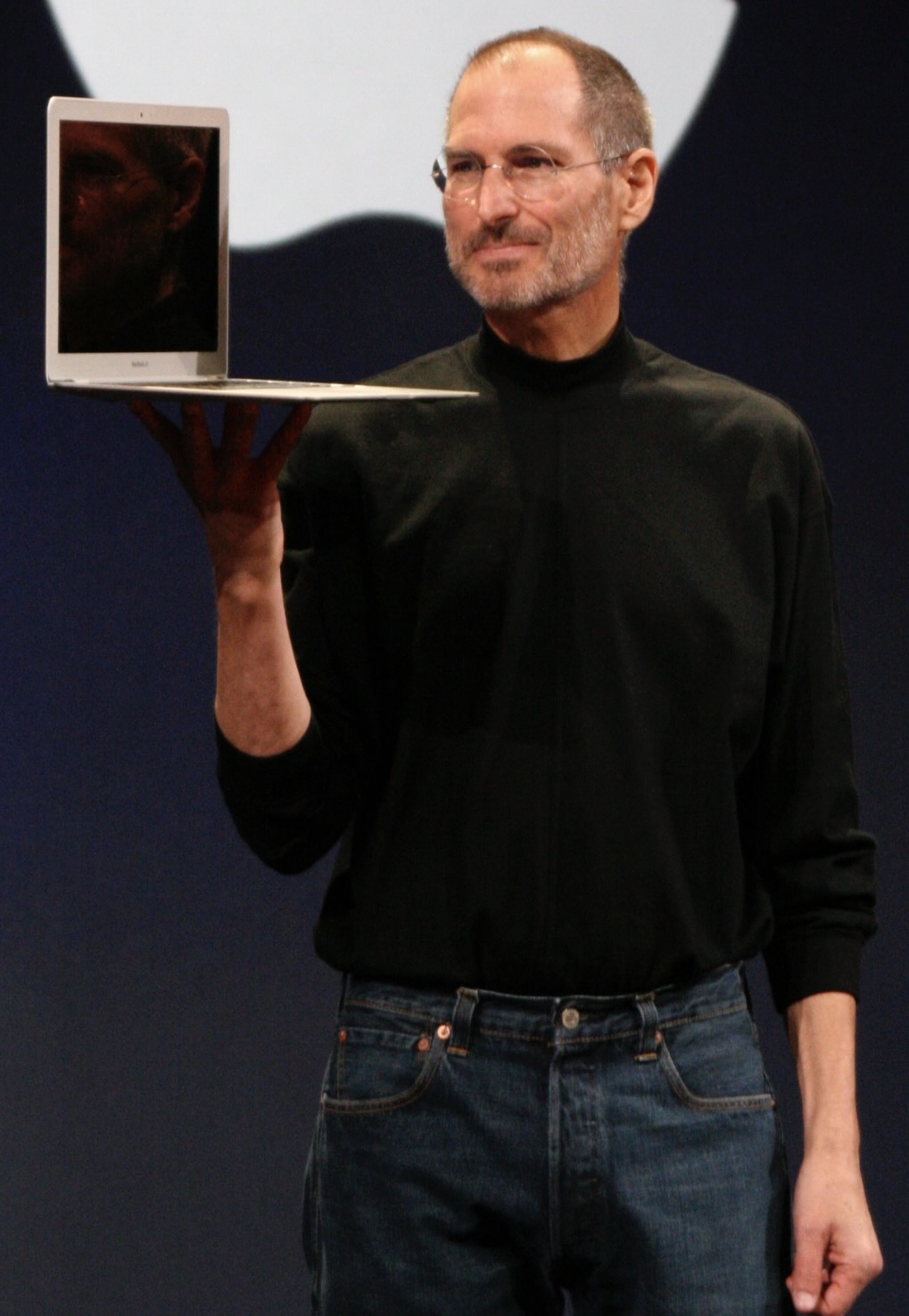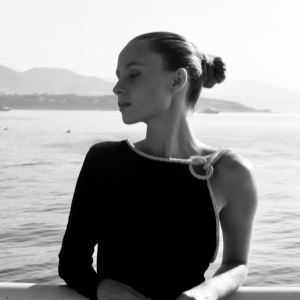
Photo credits: medium.com. Steve Jobs.
Monaco, a glittering enclave of ambition and elegance, holds a subtle but significant place in the story of Steve Jobs, the Apple co-founder whose innovations transformed modern life. Through his yacht Venus, a floating embodiment of his design ideals, Jobs frequented Monaco’s Port Hercules, drawn to its blend of luxury and innovation. More than a decade after his death in 2010, his philosophy of relentless passion and intuitive decision-making, as articulated in his own words, continues to inspire. For Monaco’s community of creators and entrepreneurs, Jobs’s life offers a timeless blueprint for pursuing excellence.
Jobs’s connection to Monaco is most tangibly expressed through Venus, a 78-meter yacht designed by Philippe Starck and built by Feadship, launched in 2012. Its minimalist aesthetic—sleek lines, expansive glass, and sparse interiors—mirrored the simplicity of Apple’s products. Jobs, who sailed the Mediterranean with his family, often docked in Monaco, a hub that resonated with his appreciation for beauty and technological progress. The yacht’s presence in Port Hercules, even after his passing, served as a quiet symbol of his commitment to crafting objects that married form and function.

Photo credits: yachtworld.com. Venus.
In his 2005 Stanford commencement address, Jobs distilled his philosophy into words that echo Monaco’s ethos of bold aspiration. “You’ve got to find what you love,” he said. “And that is as true for your work as it is for your lovers. Your work is going to fill a large part of your life, and the only way to be truly satisfied is to do what you believe is great work. And the only way to do great work is to love what you do. If you haven’t found it yet, keep looking. Don’t settle.” He continued: “Your time is limited, so don’t waste it living someone else’s life. Don’t be trapped by dogma—which is living with the results of other people’s thinking. Don’t let the noise of others’ opinions drown out your own inner voice. And most important, have the courage to follow your heart and intuition.”
Jobs’s career exemplified this creed. Born in 1955, he co-founded Apple in 1976, at 21 years old, with Steve Wozniak, launching the Apple II in 1977, which brought personal computing to the masses. After leaving Apple in 1985 amid internal disputes, he founded NeXT, whose operating system later powered Apple’s revival, and acquired Pixar, producing Toy Story and redefining animation. Returning to Apple in 1997, Jobs oversaw the creation of the iMac, iPod, iPhone, and iPad, cementing Apple as the world’s most valuable company by 2011. His journey was marked by setbacks—the Apple Lisa’s failure, his ousting from Apple—and personal trials, including a pancreatic cancer diagnosis in 2003, which he battled until his death.

Photo credits: Wikipedia. Steve Jobs with MacBook Air at the MacWorld Conference & Expo, 2008
Jobs’s approach to life was rooted in discipline and intuition. He practiced Zen meditation to sharpen focus, a habit that shaped Apple’s clean designs. His calligraphy classes at Reed College inspired the Macintosh’s typography. He prioritized saying “no” to maintain clarity, a strategy that kept Apple’s product line focused. His decision to champion touchscreens for the iPhone, against industry skepticism, underscored his trust in instinct—a trait that resonates in Monaco, where bold moves define progress.
Monaco’s innovation—its smart-city projects, its sustainable yachting initiatives—parallels Jobs’s vision of technology as a tool for human empowerment. His time in Monaco, though private, aligned with its role as a crossroads for dreamers. Venus, docked among the world’s finest vessels, embodied his belief that great work stems from love and courage. Jobs’s call to “keep looking, don’t settle” remains a challenge for Monaco’s leaders and innovators, urging them to follow their inner voice in pursuit of the extraordinary.

